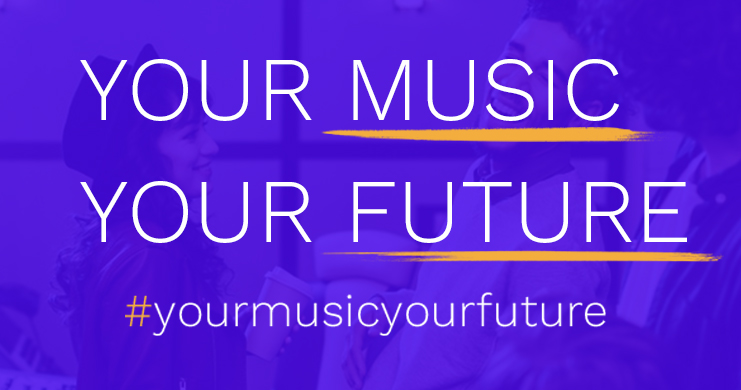rgames
Collapsing the Wavefunction
That's the other reason why PROs will eventually go away: why do composers even need royalties? Do the gig, get paid up front, and move on. There's an entire planet's worth of people who make a living that way, including most in the music biz, but because of the history of royalties in the music biz, composers don't.The upfront fee's I get from the libraries I write for can go up to $1200k per track
For example, VFX/CG artists don't have a PRO and don't collect royalties. They do the same kid of job as composers: work with the director to help him realize his vision through their craft. They sign a contract, do the gig and get paid. Done. Next. It's a vastly more efficient model.
And outside the music biz the royalty model is exceedingly rare. Every royalty payment could go away and the world economy wouldn't notice. Almost nobody gets paid in royalties. But composers have to get paid via roylaties? I've never understood why.
The only argument I've ever seen for a "why" is "well, we've always done it that way." This thread is a great example - nobody is addressing the fact that most royalties get paid without PROs. Nor is anyone addressing the fact that royalties aren't even necessary.
People got paid in chickens and corn and whatever for most of human history. Should we have avoided currencies because barter was the existing system? Of course not. That's not justification to keep doing it.
When something better comes along, adopt it. Or get left behind.
The royalty model is complicated and inefficient, especially for composers. And economies do a good job of weeding out complexity and inefficiency. So consider that fact when considering the future of PROs and, more generally, royalties in music.
rgames


 He is right about Pandemic music, though. They are not giving their music away for free, but they are not sharing the proceeds with their composers. (Exept for those curated spotify playlists.)
He is right about Pandemic music, though. They are not giving their music away for free, but they are not sharing the proceeds with their composers. (Exept for those curated spotify playlists.)

